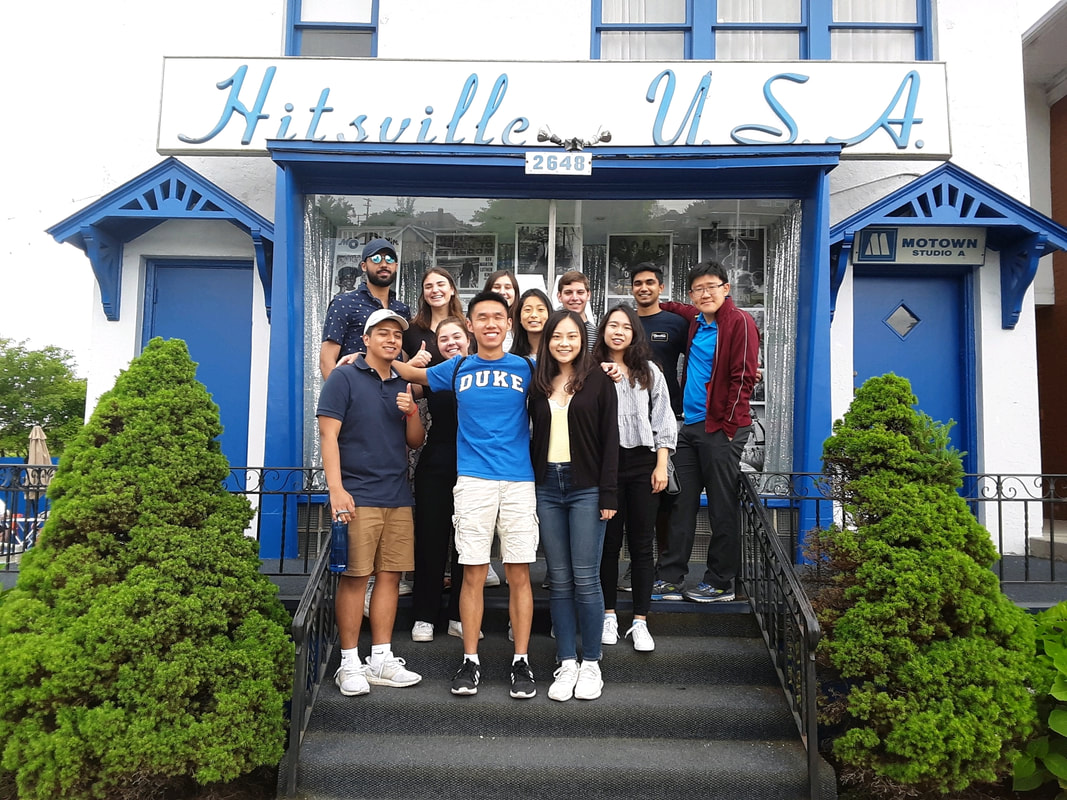This summer in Detroit I am working with Street Democracy at their offices in TechTown. Street Democracy is an organization founded in 2011, whose aim is to provide representation for low-income people who are caught in poverty and have no way of removing themselves from that perpetuating cycle. Currently, Street Democracy is working on implementing a project of theirs called “Street Court” into local courthouses across Detroit. Street Court is a different way of trialling people who have had a collection of misdemeanors, largely related to driving incidents, in which the court recognises that financial charges and threats of prison are not the best way to improve livelihoods. Instead, judges award a certain amount of community service and will dismiss any driving charges if you have shown steps of improving your life in the right manner, whether this is through finding affordable housing, participating in GED classes or finding a job. Trying to convince judges who have been set in their ways of prosecuting people for decades is a difficult process that requires various different arguments to show how it would this form of sentencing would benefit the courts, low-income people and society in general. Currently Street Democracy has a legal and moral argument for “functional sentencing” but lack a financial argument.
My project therefore is to devise a complete financial report on how functional sentencing would provide an economic benefit to a family under prosecution, the local and wider community as well as the government. This entails assessing the financial benefits to these 3 categories of various different objectives such as signing up for adult literacy classes, applying for housing subsidies, opening up a bank account, or even seeking legal advice regarding child support issues. Each issue requires a wide range of research, which has meant that most of my days are spent researching and reading various studies conducted on how these actions financially impact society.
My hope is that this financial research that I am conducting provides a strong argument to judges across Detroit about why Street Court is a viable and sustainable model that can be implemented. From attending a conference in which Jayesh (my supervisor) pitched the idea to many judges across Detroit, a few of the questions that came up afterwards was whether this idea was economically viable. I hope to show by the end of my time in Detroit that not only is this idea economically viable, but it will also positively benefit all parties in the short and long term. Hopefully with this report, Street Democracy will be able to introduce Street Court into more courthouses across Detroit, thus improving the lives of hundreds more people.

 RSS Feed
RSS Feed
